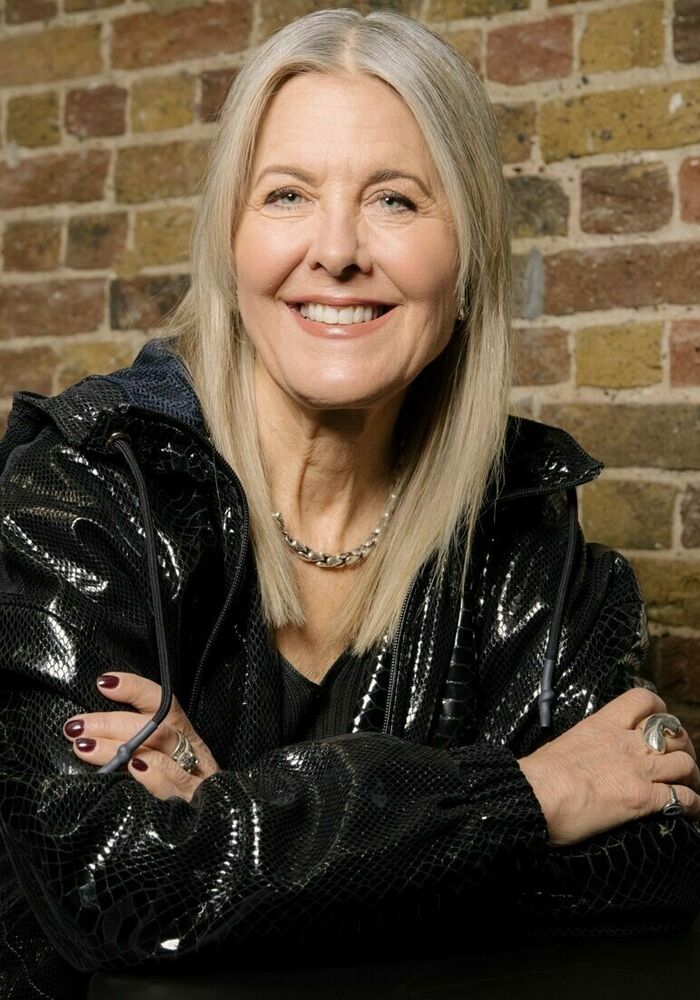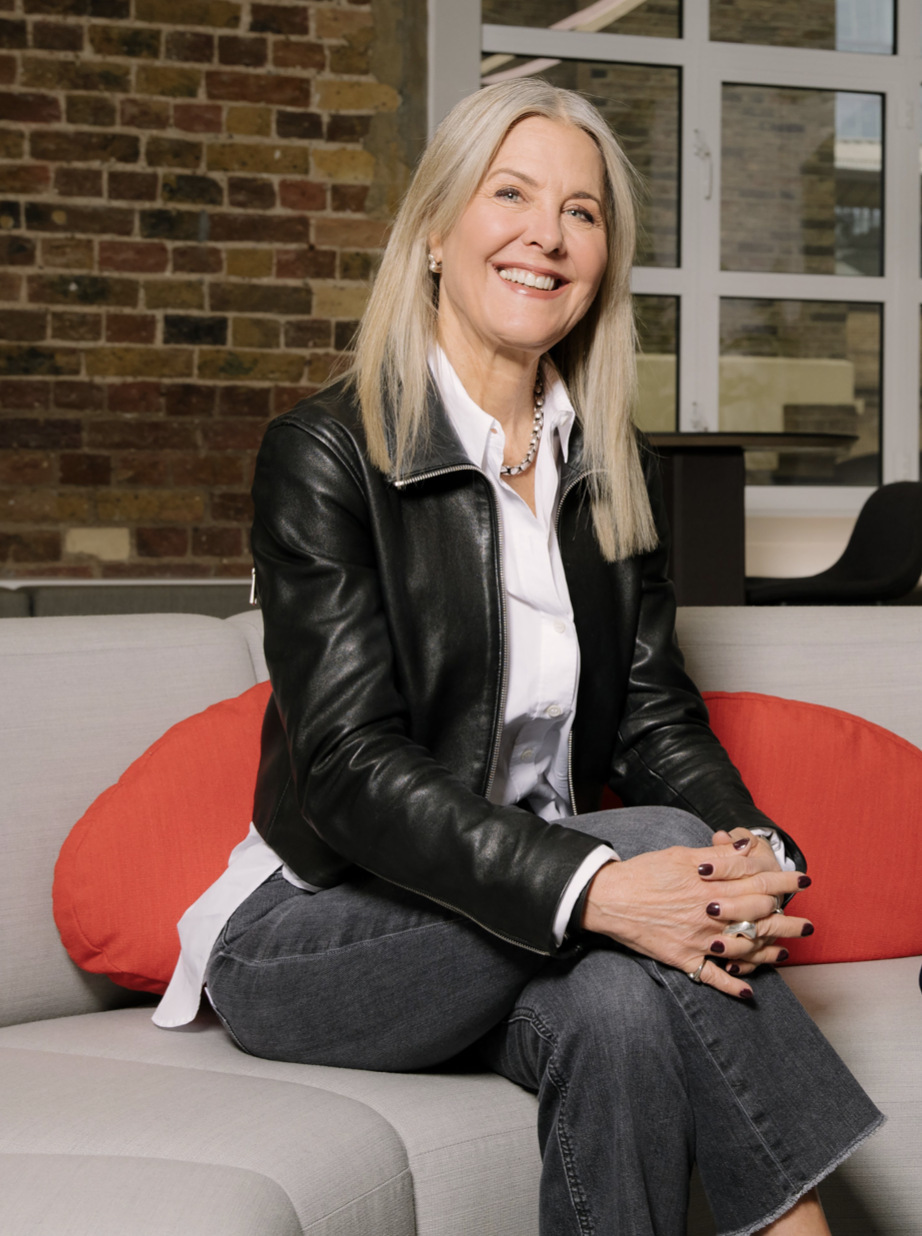PRS For Music CEO Andrea Czapary Martin sits down with Headliner for a chat about joining the industry as an outsider, shaking up the established order, and how she has made a habit of transforming juggernaut organisations the world over for more than 25 years…
It’s been four years since Andrea C. Martin took the helm at PRS For Music, but the transformational impact she has had during that time is suggestive of someone who has served in the post for twice that time. From the moment she was appointed CEO of the royalty collections society, she swiftly set about implementing sweeping changes across the business, from its approach to tech and gathering and analysing data, to the culture that exists across its brace of London sites.
Such a comprehensive overhaul would represent a mammoth task to even the most experienced industry executive, but for a complete outsider, it posed an altogether different prospect.
“I didn’t realise how archaic it was,” Martin laughs, recalling her first impressions of the music industry as we join her in one of the meeting rooms of PRS’s London HQ by the Thames. She is warm, good-humoured, and surprisingly open in conversation for such a senior and experienced executive. Over the course of our time together, she will go on to explain that despite the vast challenges she has faced on account of her status as a female newcomer to one of the industry’s eldest institutions (“who’s this lady who knows nothing about music”?), her fresh perspective has significantly benefited the 110-year-old company.
The numbers certainly bear out her observations. In 2021, she outlined a five-year plan to reach annual distributions of £1 billion – something PRS is close to achieving, ahead of schedule. She has also introduced a £30 joining rate for under-25s, while massively ramping up engagement with existing members.
The ability to inspire speedy transformation within her organisations has been a hallmark of Martin’s career from the very beginning. Rising rapidly through the ranks at virtually every company she has led, she has become accustomed to making tough decisions and immediately identifying problems and solutions.
“I started off at Reader Digest as an analyst,” she says, offering an overview of her career trajectory. “And I moved quickly through the ranks and became the first female CEO at the company in Canada. And I realised before I became CEO that we really needed to change the company, and that if we carried on the way we were with digital, that we would not survive. We really pivoted in the digital strategy, and from that point I then went on to change and implement new digital strategies for the brand around the world.”
From that moment she would go on to serve as president and CEO of three international business units of Reader’s Digest Association, Inc., including chair of Reader’s Digest Canada, president and CEO of Biocean Canada, managing director of data services at the Royal Mail in the UK and president of ADT Canada and Protectron. As such she has garnered a reputation as formidable force in transforming businesses of all shapes and sizes with a particular expertise in big data.
Her uncanny knack for being able to uncover blind spots and forge new ways forward in just about any given company or industry is something that Martin traces back to her childhood. Although more recently, she says her dyslexia has helped explain the unique approach she applies to her craft.




